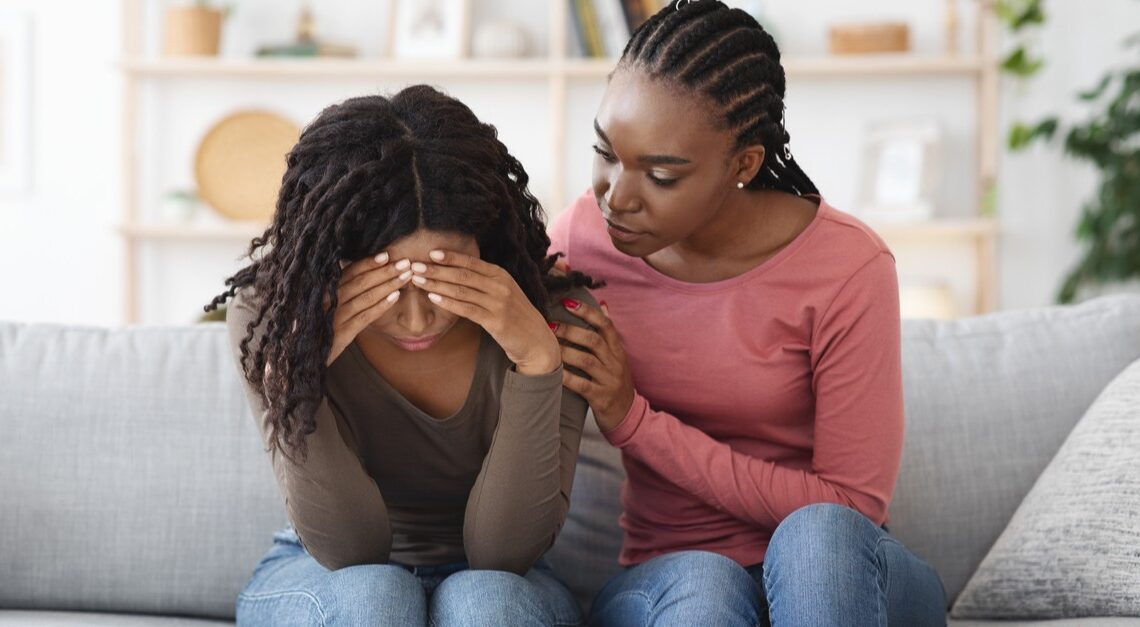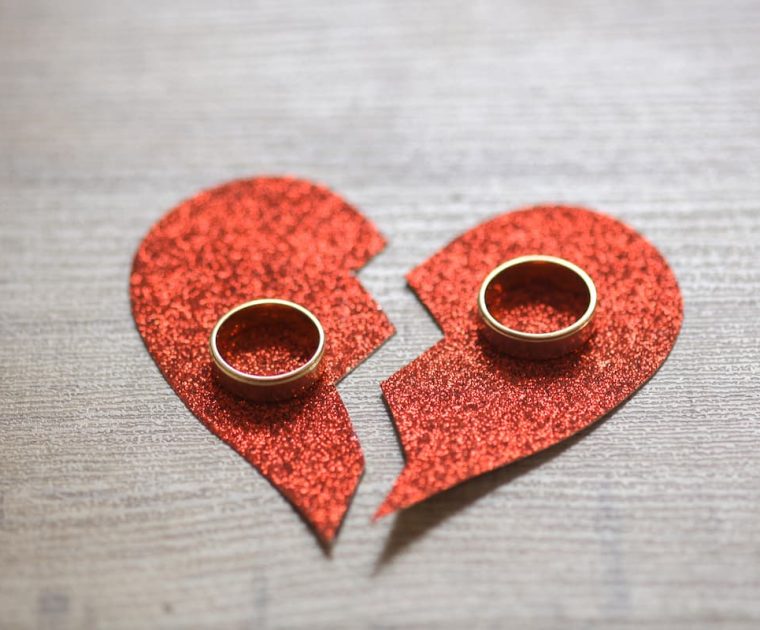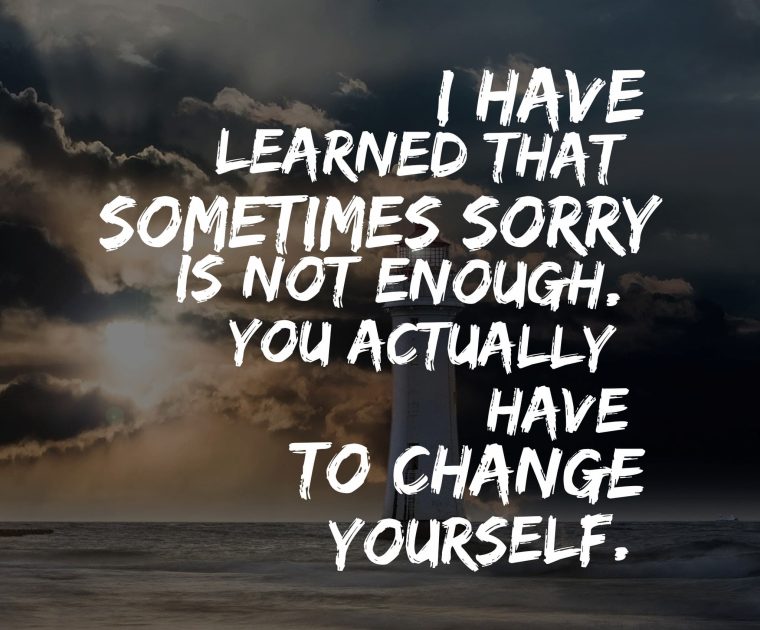Why Your Loved one Stays in a Toxic Relationship and How You Can Help Them

Your friend or family member is struggling with an abusive relationship. Things have been so bad on several occasions that you have been convinced they would leave their partner. But this does not happen. What’s the problem? An abusive, toxic relationship is one in which one party controls or subdues the other. They do this through manipulation, humiliation, physical violence or its threat, guilt, and shame, among other mechanisms. The abuse can be emotional or physical. Looking from the outside, you may wonder why your loved one does not leave the relationship. To an outsider, leaving a toxic relationship should be easy. Not quite. Every situation is different, and no approach suits all relationships. But one thing is clear – leaving a toxic relationship is not easy. Below are reasons that may hold back a victim.
Practical considerations:
Does the person have a place to live? What if there are children? Will the abused take the children or leave them with the abuser? Financial considerations may also make it difficult to leave. If the abused is not financially independent, they may not be able to pay for accommodations. Is the person dependent on their abuser for immigration benefits (Green Card)?
Psychological reasons:
According to experts, psychological abuse does not happen overnight. It starts with an innocent-sounding criticism, a harmless (you think) insult here, an off-hand comment there. Over time, the insults become habitual. However, the disparaging comments are peppered with episodes of affection, making the abused believe the loving side is the abuser’s real self. As a result, your friend stays in the relationship because they are trying to win back the abuser’s affection. And the abuser most likely blames the abused for the situation. “If you were not so annoying, things would be okay between us,” the abuser says. “If only I did not make him angry, then he wouldn’t hit me,” the abused thinks to herself.
Other reasons:
Threats
The abuser may threaten to harm the abused, children, friends, and other family members of the abused if the victim leaves.
Isolation
Abusers mostly isolate their victims from family and friends, making the abused feel lonely and unsure of the love of others. The abused may opt to stay with the abuser rather than risk being alone.
So, what can you do to support your loved one?
• Give a listening ear
Offer a sounding board to your loved one. Listen without judging and without apportioning blame. Your loved one has to decide to leave the toxic relationship—no one else. Encourage the abused to seek professional help but let them know you are there for them.
• Share your story
If you have been and successfully left an abusive relationship, share your experience with your friend. Make it clear that you’re not judging them but are ready to stand by them when they are prepared to leave the abuser
• Reaffirm your friend
Let your friend know that you believe in them. In as many ways as you can, let them know that they are strong and can survive on their own. To a person on the outside, ending a toxic relationship may look as easy as walking out. However, it’s really complicated for the person on the inside. It takes meticulous planning. The person leaving a toxic relationship needs a safety net. She needs a plan. This is where you come in – to give substance to these plans. Encourage your loved one to seek professional help.
• Don’t give ultimatums
Don’t give your friend an ultimatum. Don’t tell them, “You must leave by next month.” Just be there for them and let them know that you will help them when they are ready to leave.
• Don’t shame
Don’t shame your friend in front of their abusive partner. Remember, you can’t force your relative to leave the abusive relationship. You can only offer support when they are ready to go.
• Take care of your emotional health
Even as you care for your friend, don’t neglect your emotional health. Care for yourself, as you can only care for others when you look after yourself. Set yourself boundaries as you offer emotional support to protect yourself.
• Stay safe
Both you and your loved one should stay safe. If the abuser is violent, make sure you don’t endanger your loved one or your life. If your loved one feels unsafe in the house with the abuser, help them move to a safe place. Please encourage them to seek legal advice and counseling services.
Bottom line
You can’t make your loved one leave a toxic relationship. However, you can love and support them. Be firm with them when they are indecisive and be there when they finally decide to walk away from the destructive relationship.





Leave a Reply